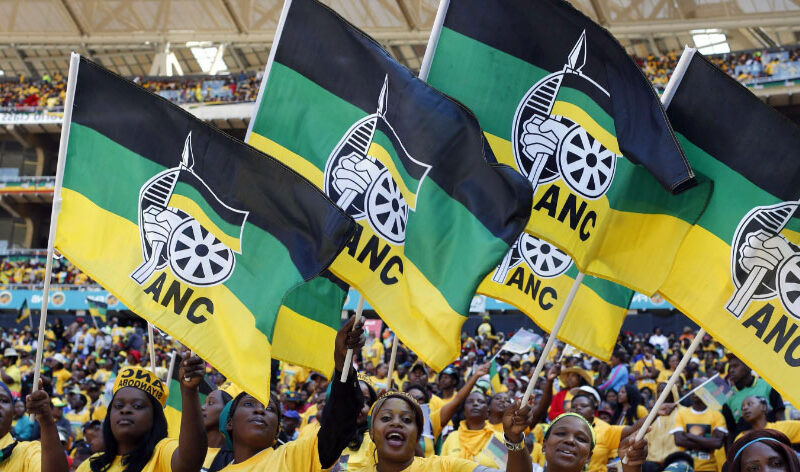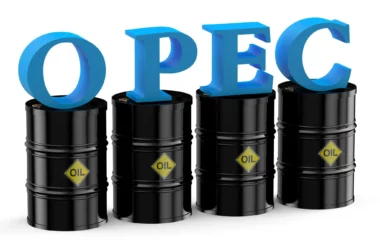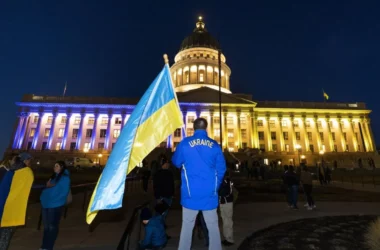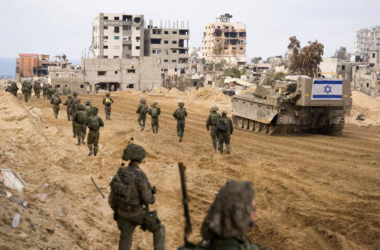For the first time since Nelson Mandela led the African National Congress (ANC) to victory in 1994, South Africa’s governing party seems poised to lose its parliamentary majority. This development signals a significant shift in the political landscape, questioning President Cyril Ramaphosa’s leadership and ushering in an era of coalition politics. Here are three key factors explaining how South Africa arrived at this pivotal moment, why it matters, and what the future might hold.
The ANC, once a revered liberation movement, has seen its reputation tarnished by decades of corruption and mismanagement. This downfall became evident in the recent election, with young voters turning out in large numbers to vote against the party. “They are fed up with corruption and are worst affected by unemployment.
A generational divide is apparent in South Africa: older voters, who lived through apartheid and remember the ANC’s role in ending it, remain somewhat loyal, but even their support is waning. The ANC has not only lost its foothold in urban areas but is now seeing significant declines in its rural heartlands as well.
The ANC peaked in 2004 with 70% of the vote but has since seen a steady decline, dropping to 57% in 2019. This election saw a dramatic fall, with the party’s support plummeting by 8% to 15%. This shift marks a significant change in South Africa’s political dynamics.
Former President Jacob Zuma, 82, has re-entered the political scene with a significant impact. Ousted in 2018 amid corruption allegations, Zuma was briefly imprisoned in 2021 for contempt of court. Despite this, he has staged a comeback under the banner of a new party, uMkhonto we Sizwe (MK), or Spear of the Nation.
Zuma’s return has seen the ANC lose substantial support to MK, especially in KwaZulu-Natal province. His campaign, infused with Zulu nationalism and promises to empower traditional leaders, resonated with many voters. MK, which advocates similar economic policies to the radical Economic Freedom Fighters (EFF), including land expropriation without compensation, has quickly gained traction, challenging the EFF for the third spot in the national parliament.
Zuma’s influence remains strong despite his inability to hold office due to his criminal conviction. His resurgence has not only eroded the ANC’s support but also that of the EFF, showcasing his enduring appeal and strategic political acumen.
Projections suggest the ANC’s final vote could hover around 42%, a catastrophic result for the party and President Ramaphosa. If the ANC falls below 45%, it will likely need a significant coalition partner to govern. This could lead to unprecedented alliances, possibly with the DA, the EFF, or even MK.
Ramaphosa’s leadership is under scrutiny, with internal party pressures mounting. His deputy, Paul Mashatile, is seen as a potential successor. The ANC’s campaign, described as lackluster, was bolstered by former President Thabo Mbeki and other retired leaders in a desperate bid to regain support.
Coalition politics will shape South Africa’s future, with potential alliances between the ANC, DA, and IFP to exclude more radical parties like the EFF and MK. Alternatively, an ANC-EFF coalition could emerge, despite concerns about its impact on the party’s culture and the broader political landscape.
South Africa’s political scene is entering a new era, with the ANC facing unprecedented challenges and the rise of coalition politics reshaping governance. As the final results come in, the country is poised for significant changes, with opposition parties gaining the power to influence the direction of the government. The future of South African politics is uncertain, but it promises to be a dynamic and transformative period.








